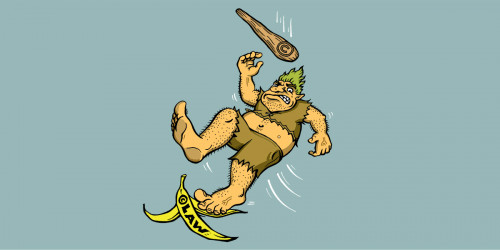The first problem with the omnibus intellectual property bill barreling through Congress's lame duck session this week is figuring out what's in it. That's because the bill is a ragtag collection of old bills from special interest backers who couldn't get them through during Congress's ordinary session. So now, they're trying again, knowing that their bills will face less public scrutiny in the rush to close the session.
But the bills -- bad ideas the first time they were introduced -- don't taste any better together. Among the bills the package probably includes:
- The Piracy Deterrence and Education Act creates a new crime of "offering for distribution," with jail terms up to five years. Since the crime doesn't require proof of willfulness, the standard for other copyright crimes, people could be prosecuted merely for having 1,000 songs in their music folders, without intending that they be redistributed.
- The Family Movie Act exempts from copyright or trademark litigation the skipping of portions of movies -- but leaves makers and users of commercial-skipping technology open to lawsuits like the one that bankrupted ReplayTV.
- The Fraudulent Online Identity Sanctions Act presumes that anyone who has tried to protect his or her privacy by faking the WHOIS info in a domain name registration is willfully infringing copyright or trademark (see letter from ACLU, ALA, CDT, EFF, and PK).
- The PIRATE Act authorizes the Justice Department to step in for entertainment companies to prosecute civil copyright infringement cases.
- An anti-counterfeiting provision would add new dangers to fair use of digital media (see Lessig blog).
Both the substance of these bills and the rushed way they're being re-introduced now are dangerous to the public interest. Public Knowledge has an action alert set up where you can
let your congressional representatives know your concerns.








